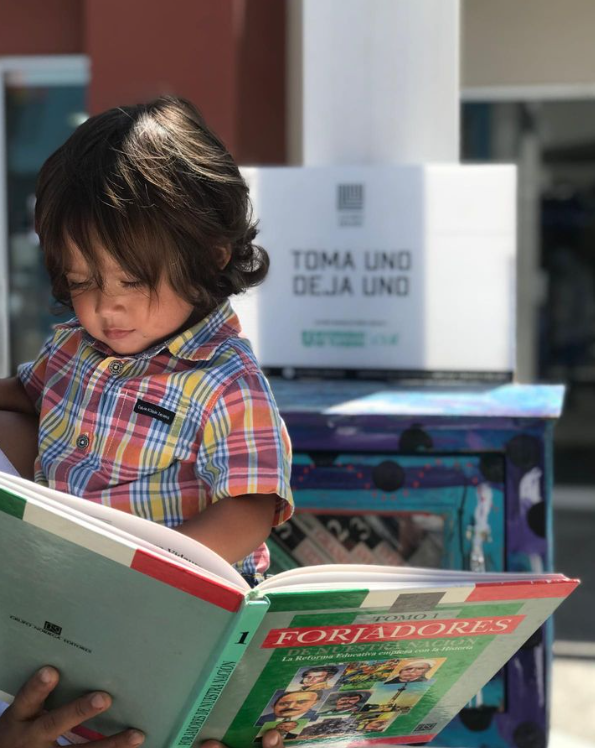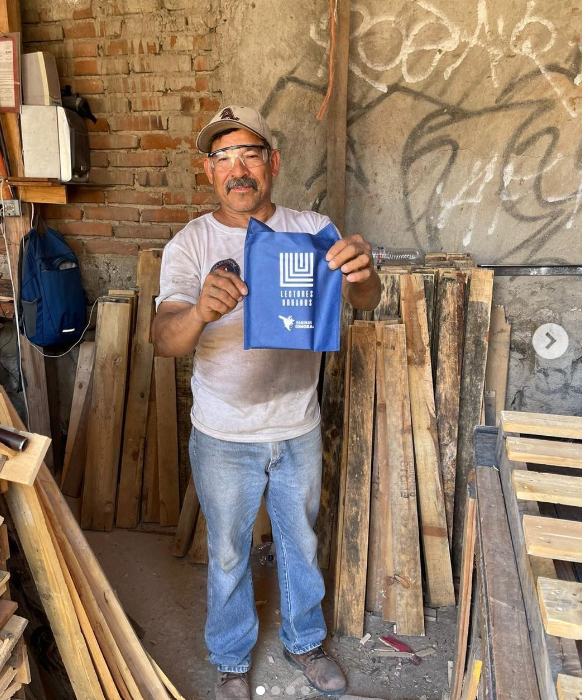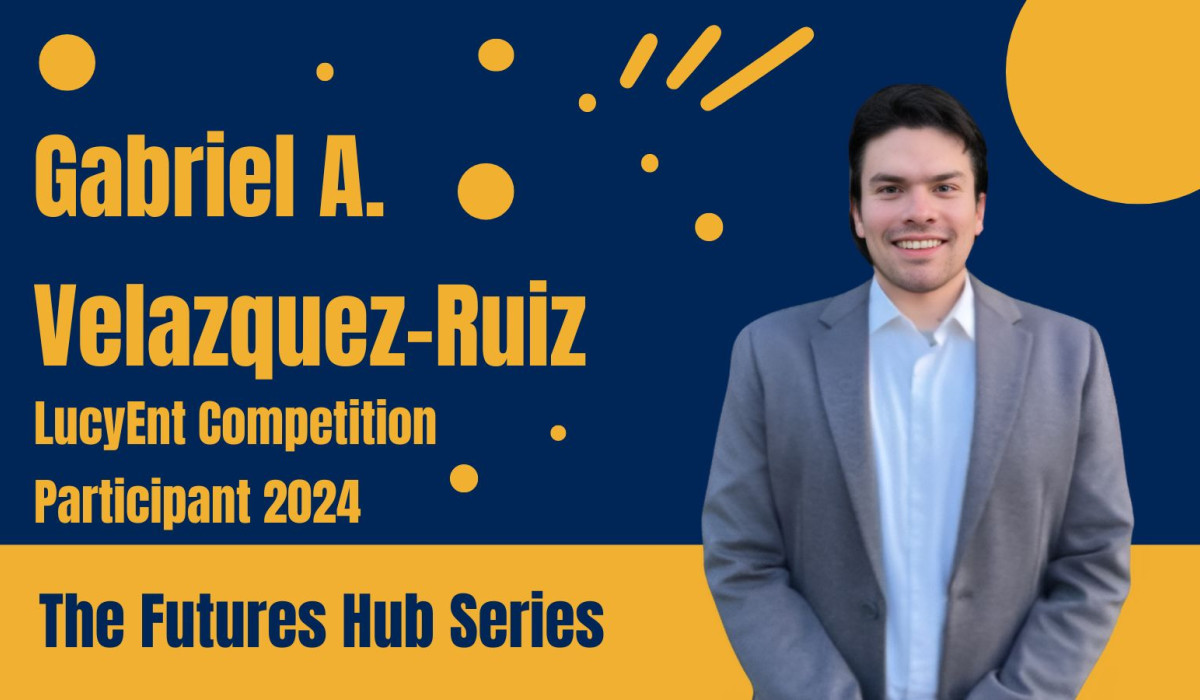This week in the Futures Hub Series, we speak with Gabriel A Velazquez-Ruiz, who tells us about, Lectores Urbanos, a social venture that he is helping to develop and his hopes for the future.
Lectores Urbanos Video by Lucy Cavendish
Hi Gabriel! To begin, can you tell me about your background and how you found yourself in Cambridge?
Sure! I'm originally from Guadalajara, Mexico, but I spent part of my high school years in Tijuana. I initially studied law and practiced for about five years, mainly focusing on constitutional and administrative law. During my studies, I had an exchange program in the Netherlands which opened my eyes to international opportunities. After finishing my law degree, I took part in a research program in public policy at Harvard. After the COVID-19 pandemic I decided to apply for a master’s in public policy. Cambridge seemed like the perfect fit given its reputation and the scholarship opportunities available. So, here I am!
Can you tell me about your experience at Cambridge?
My time at Cambridge has been incredible! The MPhil in Public Policy program here is diverse and challenging, which I thoroughly enjoyed. The mix of students from different backgrounds—lawyers, economists, data analysts—brought different perspectives to our discussions, which I thought really helped with my studies. It was a bit of an adjustment returning to student life after years in the professional world, but it was a welcome challenge! One of the highlights was a work placement in the UK Parliament, it was a fantastic learning experience!

Can you tell me about your startup Lectores Urbanos?
Absolutely. The project started a few years ago with a close friend in Tijuana. Initially, it was a simple book exchange initiative aimed at encouraging social cooperation. We placed boxes around the city where people could leave a book and take a book. It quickly gained traction and attracted interest from local businesses and artists. We began designing more elaborate boxes and involving the community in creating art for them. Over time, the project expanded to include public space rehabilitation, turning neglected areas into vibrant community hubs. We partnered with local government officials to place these boxes in bus stations and other public spaces, incorporating art and community involvement into the redesign efforts.
That sounds amazing! How has your studies helped you develop Lectores Urbanos?
The project is a perfect blend of my background in law and my current studies in public policy. It started as a grassroots initiative but has evolved into a more structured effort that involves public policy elements such as security policies, urban development and community engagement. My legal background helps in navigating the regulatory aspects, while my public policy training provides insights into how we can scale the project and measure its impact on social issues like crime rates and community cohesion. The interdisciplinary nature of the MPhil program at Cambridge has been incredibly important in shaping and refining our approach.
What are you most excited about with regards to your Lectores Urbanos?
I'm most excited about the potential social impact. The project not only promotes reading but also fosters a sense of community and revitalizes public spaces. It's amazing to see how a simple idea can grow and positively affect so many people. We have stories of individuals who read their first book through our project, and entire communities coming together to create something beautiful. The interest from local businesses and government officials shows that our idea has both social and commercial viability, which is very encouraging.

And finally, where do you see Lectores Urbanos going next?
We have two main avenues for growth. On the commercial side, we are developing a digital platform to improve the physical book exchanges. This platform will feature not only books but also local deals and advertisements, which will help sustain the project financially. We are already in discussions with major retail stores and government officials in other cities to expand this aspect. On the social impact side, I want to focus on conducting studies to measure the project's effects on community well-being, crime rates, and social cohesion. If we can demonstrate a tangible positive impact, we could advocate for more widespread adoption of similar projects, and a change of approach in security policy from militarization for example, to a more integral, social and educative approach. Ultimately, I hope to influence public policy to prioritize community-driven urban development initiatives.




